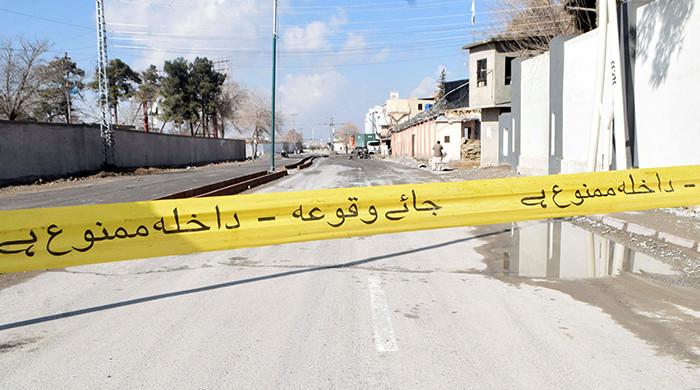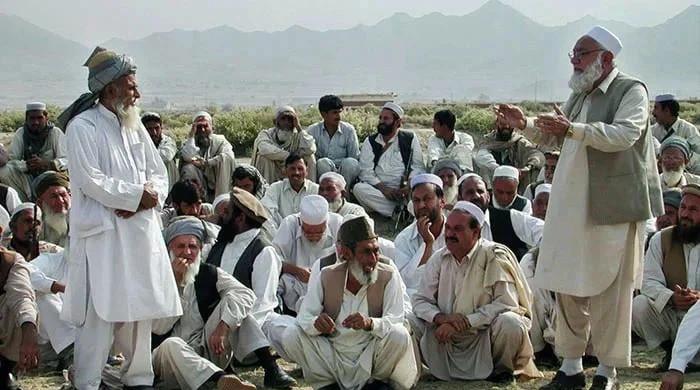SHC refuses to hear petition filed by Pakistan Steel Mills employees
SHC cannot hear the case as it is subjudice in the Supreme Court of Pakistan, says Justice Omar Sial
June 23, 2020
KARACHI: The Sindh High Court (SHC) on Tuesday refused to hear a petition filed by the Pakistan Steel Mills (PSM) employees relating to their sacking after the government decided to privatise the state entity.
During today’s hearing, Justice Umar Sial backed the attorney general’s statement that the SHC could not hear the case as it is sub judice in the Supreme Court of Pakistan.
To this, the PSM employees' lawyer said the case in the apex court is related to the promotion of employees, not the privatisation issue.
The SHC justice cautioned the lawyer and his clients that it was not their union but a court session and if they do not maintain the decorum, they will be sent to jail.
“What you people have done to the steel mills, everyone knows about it,” said Justice Sial in his remarks.
After hearing this, he expelled the PSM employees from the courtroom.
Govt decides to privatise PSM
Earlier this month, Minister for Industries and Production Hammad Azhar said that the government had decided to privatise it as it had become a burden on the national exchequer.
He said that PSM employees had not been working for the last many years and now they would get a financial package of around Rs2.3 million per employee as compensation. Besides, he said, employees could also contribute to productivity in the private sector.
He said that at one stage, the PSM had 30,000 employees out which many employees had retired and now an estimated 9,000 employees were working for the mill. He said the PSM was closed for the last five years and previous governments could not devise any plan for it.
The minister said that the government had to spend Rs55 billion to pay salaries to employees of a closed mill. He said when the PTI government came into power, the Pakistan Steel Mills was facing a loss of Rs176 billion and its interest was also increasing with each passing day.
Azhar said that the previous governments could not handle this issue, therefore, the present government had to take the final decision about the fate of the mill in the larger interest of the country.











